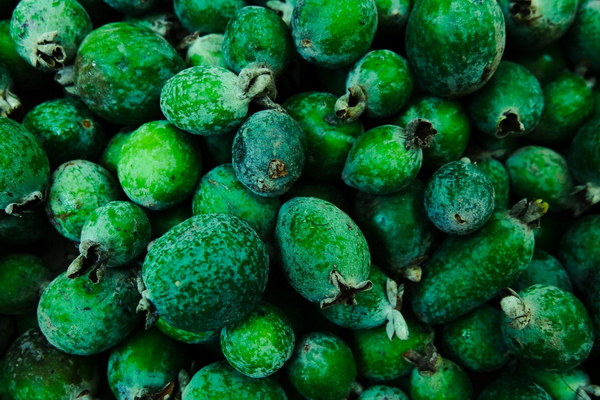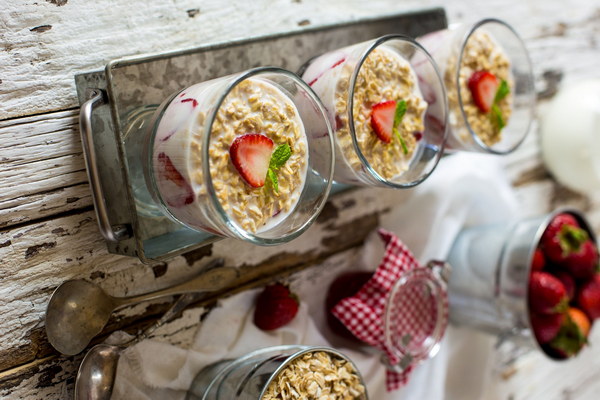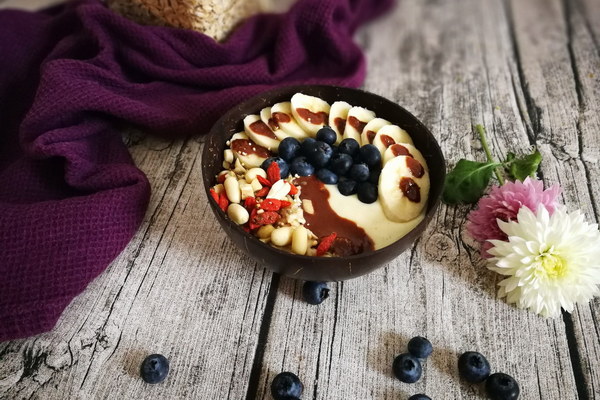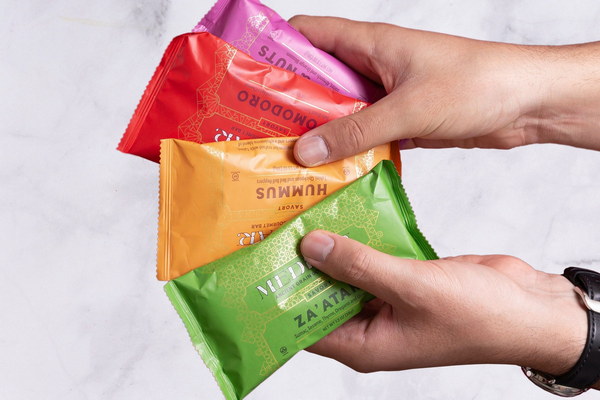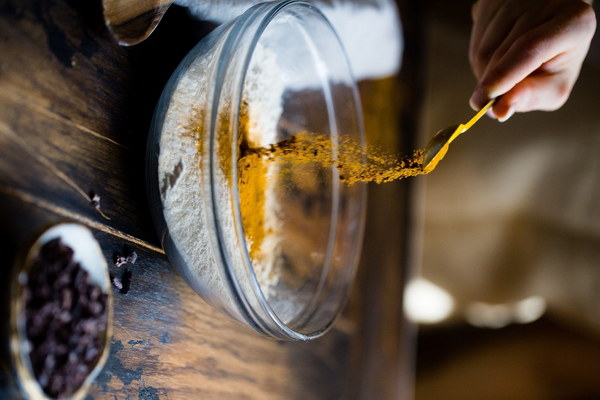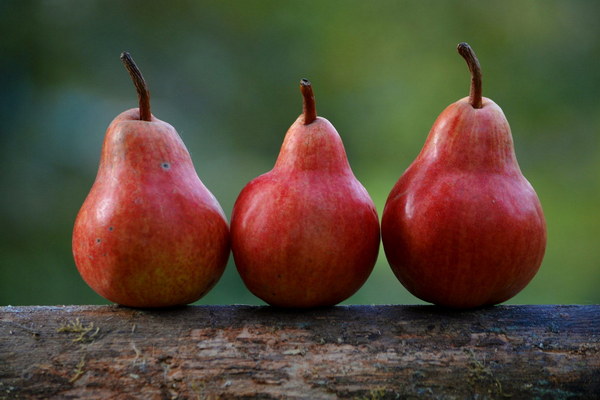Natural Remedies to Alleviate Dampness Traditional Chinese Practices for Health and Well-being
In traditional Chinese medicine (TCM), dampness is considered a common internal imbalance that can lead to various health issues. Dampness is often characterized by symptoms such as fatigue, bloating, weight gain, and poor digestion. This article explores some of the natural remedies to treat dampness, based on TCM practices, which can help you achieve health and well-being.
1. Diet and Nutrition
One of the fundamental aspects of treating dampness is adjusting your diet. Here are some dietary recommendations to help alleviate dampness:
- Avoid cold, raw, and damp foods, such as ice cream, salads, and cold drinks, as they can exacerbate dampness.
- Reduce the intake of sweet, heavy, and greasy foods, such as pastries, fried foods, and sugary drinks, as they contribute to dampness accumulation.
- Include warming and drying foods in your diet, such as ginger, garlic, onions, and leeks, as they help to expel dampness.
- Incorporate bitter and astringent flavors, like green tea, bitter melon, and tangerines, which can aid in drying dampness.

- Consume more cruciferous vegetables, like broccoli, cauliflower, and kale, which have natural diuretic properties and can help eliminate dampness from the body.
2. Herbs and Supplements
Traditional Chinese herbs have been used for centuries to treat dampness. Some of the commonly used herbs include:
- Astragalus (Astragalus membranaceus): This herb is known for its immune-boosting properties and its ability to expel dampness from the body.
- White Atractylodes (Atractylodes macrocephala): This herb is used to dry dampness and strengthen the spleen, an organ closely associated with dampness in TCM.
- Poria (Poria cocos): Poria is a natural diuretic that helps to eliminate dampness and improve fluid balance in the body.
- Cinnamon (Cinnamomum cassia): Cinnamon is a warming spice that helps to expel dampness and improve circulation.
Before starting any herbal treatment, it is important to consult with a qualified TCM practitioner, as herbal remedies can interact with other medications and may not be suitable for everyone.
3. Acupuncture and Cupping
Acupuncture and cupping are two traditional TCM practices that can help alleviate dampness by promoting the flow of Qi (vital energy) and removing blockages in the body.
- Acupuncture involves inserting fine needles into specific acupuncture points to stimulate the body's natural healing processes. By addressing the root cause of dampness, acupuncture can help reduce its symptoms and restore balance.
- Cupping is a technique where cups are placed on the skin to create suction, which helps to stimulate blood circulation and remove toxins and dampness from the body. Cupping can be used in combination with acupuncture or as a standalone treatment.
4. Lifestyle Adjustments
In addition to diet, herbs, and TCM practices, making some lifestyle adjustments can also help alleviate dampness:
- Regular exercise: Engaging in physical activity helps to promote circulation and eliminate dampness from the body.
- Adequate sleep: Ensuring you get enough rest can help strengthen your immune system and prevent dampness from accumulating.
- Stress management: Stress can weaken the body's defense mechanisms, making you more susceptible to dampness. Practices such as meditation, yoga, and deep breathing exercises can help reduce stress levels.
By incorporating these natural remedies and lifestyle adjustments into your daily routine, you can effectively treat dampness and improve your overall health and well-being. Remember to consult with a qualified TCM practitioner before starting any treatment to ensure it is safe and suitable for your specific needs.
